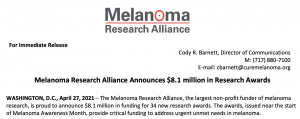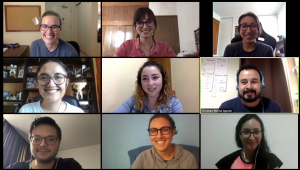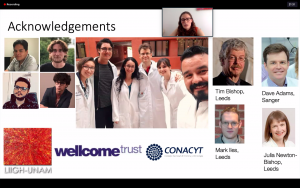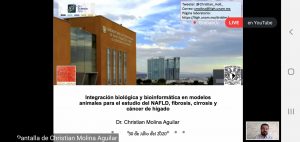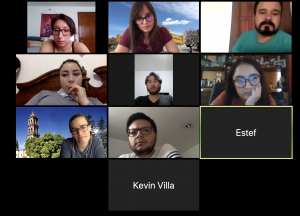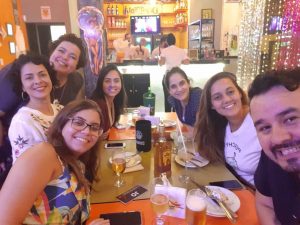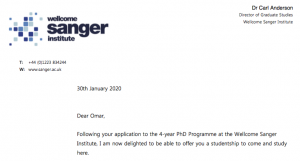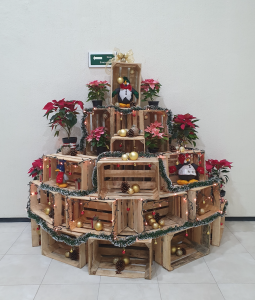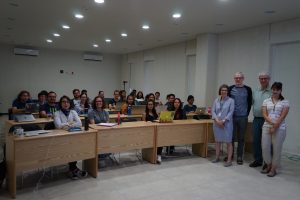Welcome Bram to our group!
 Recently, Bram van Haastrecht, a MSc student from the Free University of Amsterdam (Vrije Universiteit Amsterdam) joined us for an internship! He will be working with our group and Mariana Gomez-Schiavon‘s here at LIIGH-UNAM on mathematical modelling of the MAP Kinase pathway, an important growth mechanism in acral melanoma and other cancers. We are excited to welcome him and we hope he has a great stay!
Recently, Bram van Haastrecht, a MSc student from the Free University of Amsterdam (Vrije Universiteit Amsterdam) joined us for an internship! He will be working with our group and Mariana Gomez-Schiavon‘s here at LIIGH-UNAM on mathematical modelling of the MAP Kinase pathway, an important growth mechanism in acral melanoma and other cancers. We are excited to welcome him and we hope he has a great stay!


